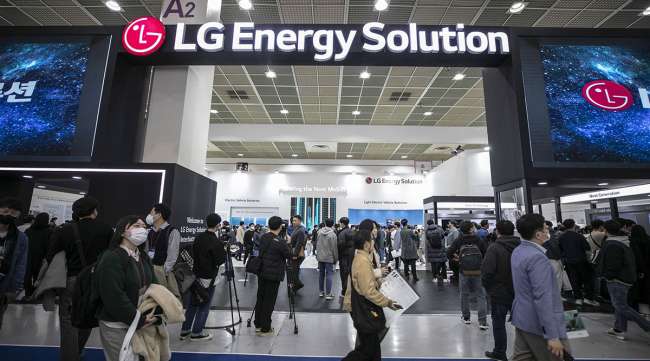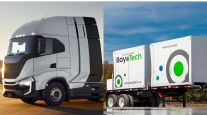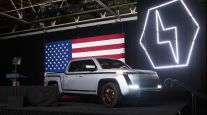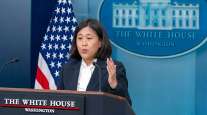Bloomberg News
Battery Maker LG Energy Posts Earnings Miss Amid Weak Demand

[Stay on top of transportation news: Get TTNews in your inbox.]
Battery maker LG Energy Solution Ltd. badly missed fourth-quarter earnings estimates amid weaker demand for electric vehicles and a drop in lithium prices that hurt revenue. Shares were little changed in Seoul.
Operating profit for three months ended Dec. 31 rose 42% year-on-year to 338.2 billion won ($258 million), LG Energy Solution said in a filing Jan. 9. But that compared to a 607.7 billion won median estimate analysts were looking for.
Revenue declined 6.3% to 8 trillion won, below an 8.5 trillion won estimate.
LG Energy’s earnings included a tax credit of around $191 million stemming from President Joe Biden’s Inflation Reduction Act. The U.S. law grants domestic battery manufacturers a tax credit of $35 per kilowatt-hour for battery cells. The company’s operating profit excluding the U.S. tax credit was just 88.1 billion won.
The results are preliminary and LG will disclose final fourth-quarter numbers on Jan. 26.
A gauge for prices of Chinese lithium hydroxide, a key material for EV batteries, slumped 82% in 2023, signaling weaker-than-expected demand for battery-powered vehicles. During the fourth quarter, sales of EV batteries remained sluggish and battery makers probably lowered the selling price of their batteries in contracts with customers, according to a note from NH Investment & Securities Co.
General Motors Co., one of LG Energy’s biggest customers that’s operating two battery plants with the South Korean firm, missed its EV production goal by quite a lot last year. The U.S. automaker sold 75,000 EVs in 2023 versus a target of producing 150,000 units.
Want more news? Listen to today's daily briefing above or go here for more info
GM has had persistent problems with automation around the production of battery cells coming from its joint venture with LG but it expects those manufacturing glitches to be solved in the first half of this year.
LG Energy’s sales may drop further in 2024 as GM and Ford Motor Co., which both use LG’s nickel-based batteries, saying they now plan to use iron-based batteries, according to a note from Yuanta Securities Korea Co.
The so-called lithium-iron-phosphate batteries are made mostly by Chinese companies and generally thought of as safer and cheaper than lithium cells although they do offer shorter driving ranges.
On an annual basis, LG generated some 34 trillion won in sales and 2.1 trillion won of operating profit, the company said Jan. 9.
LG, under newly appointed CEO Kim Dong-Myung, expects a jointly operated battery plant with Hyundai Motor Co. in Indonesia to also contribute favorably to revenue this year, it added.




